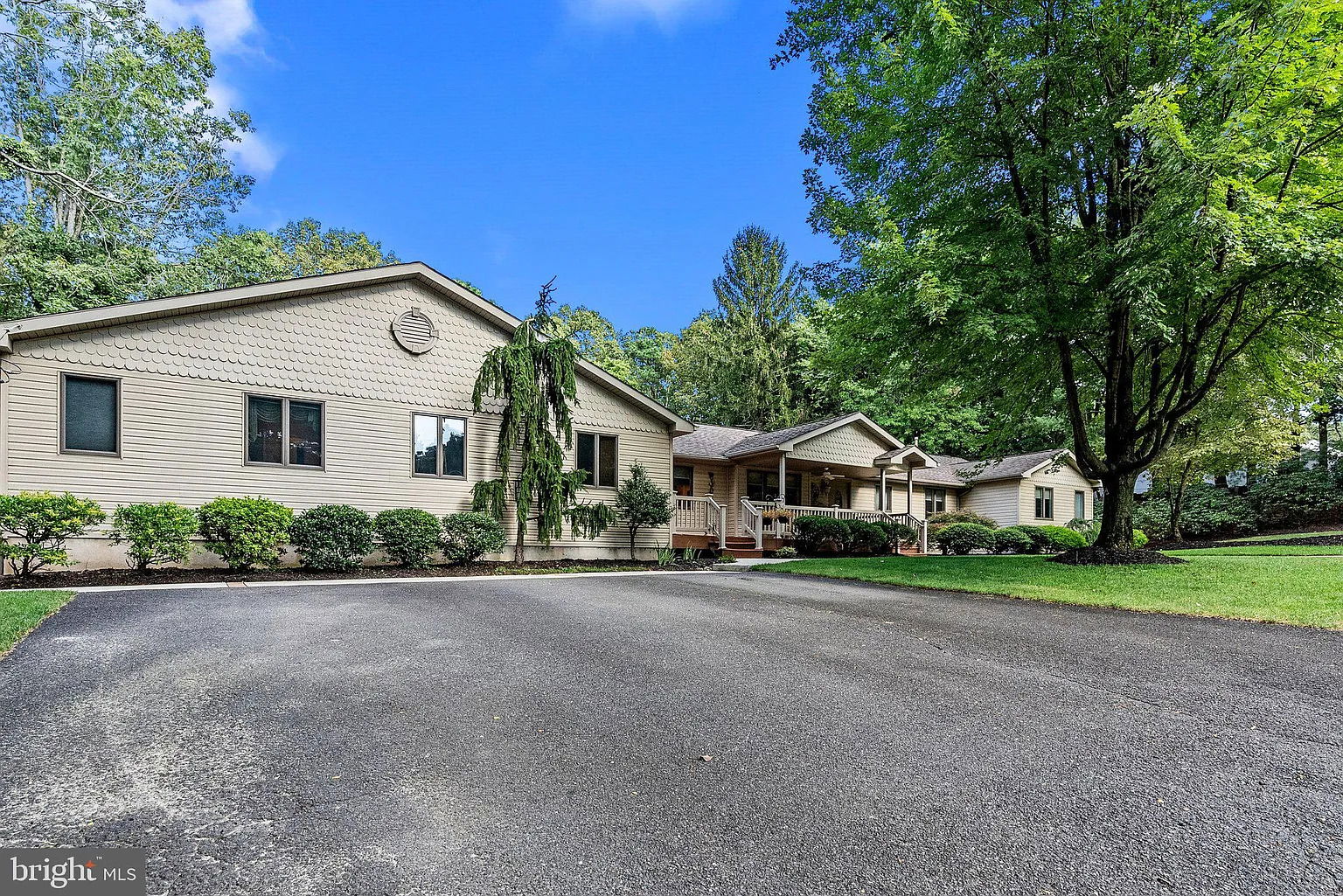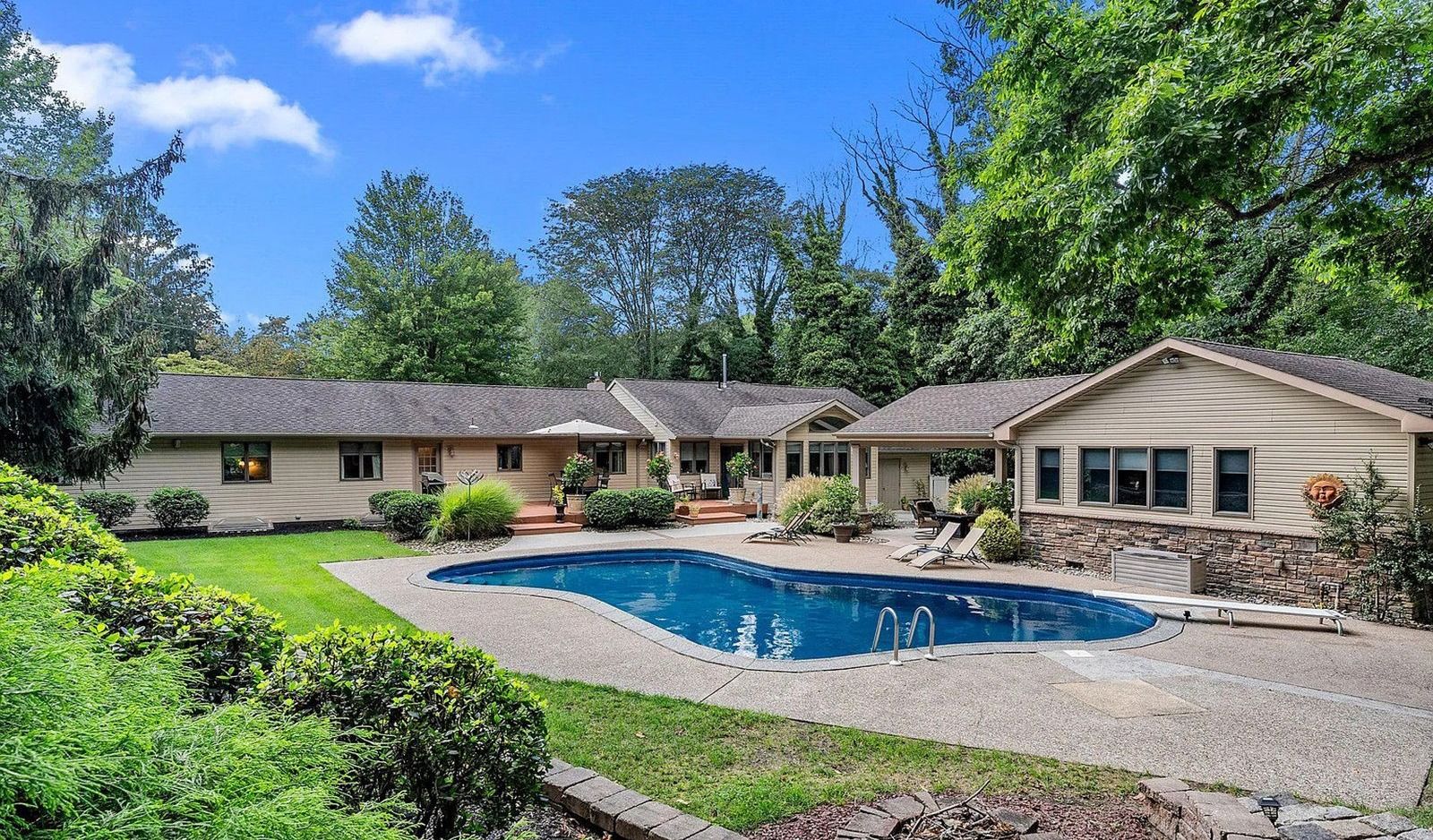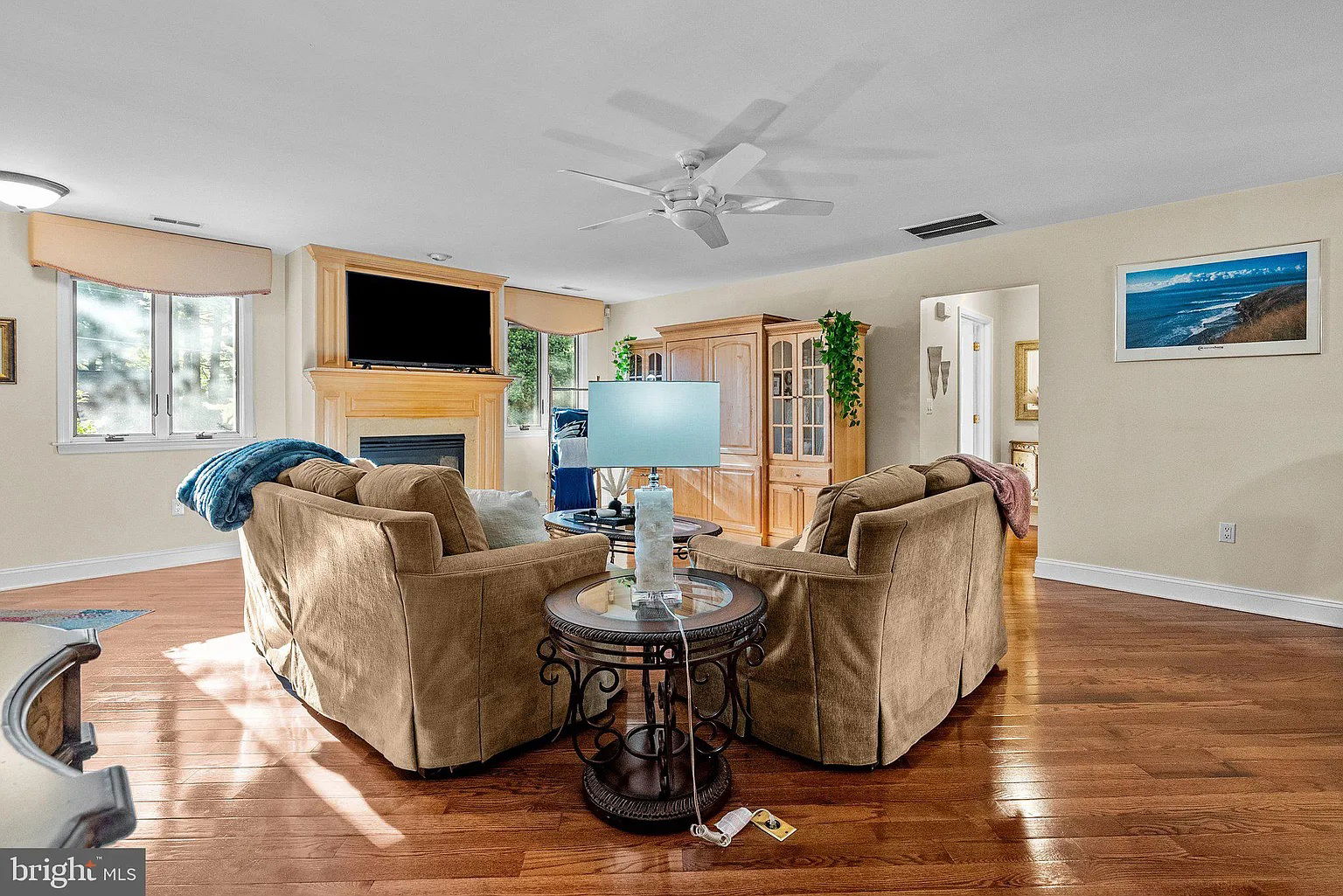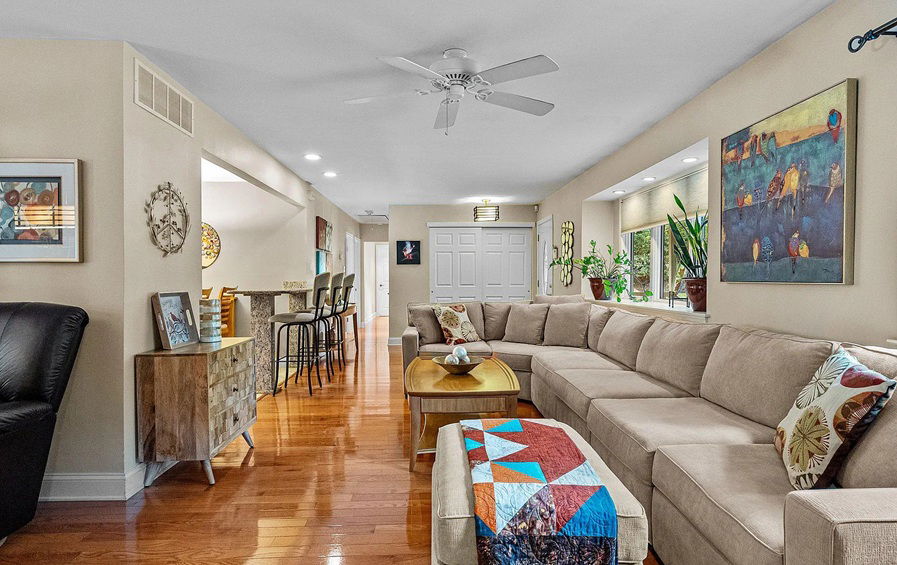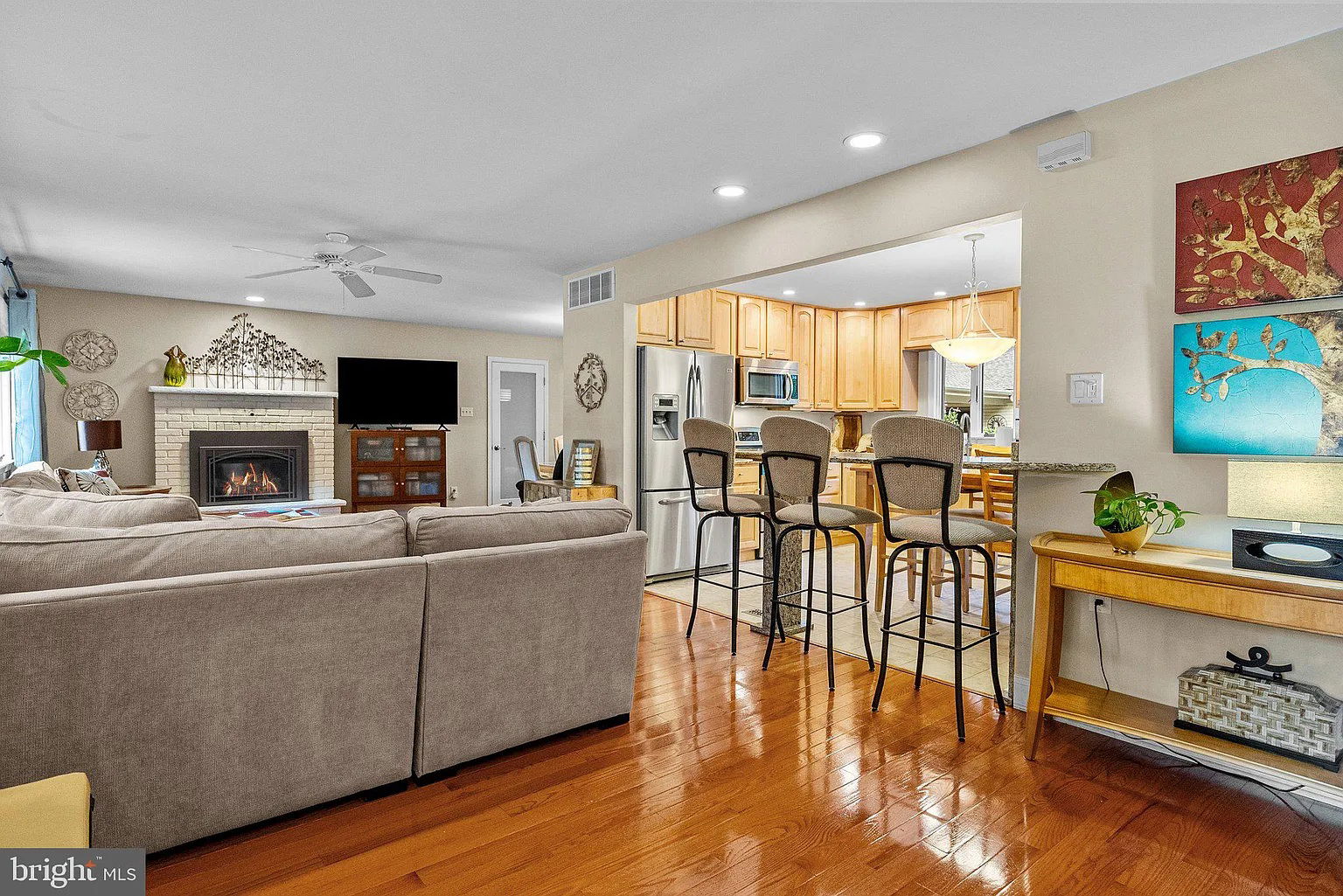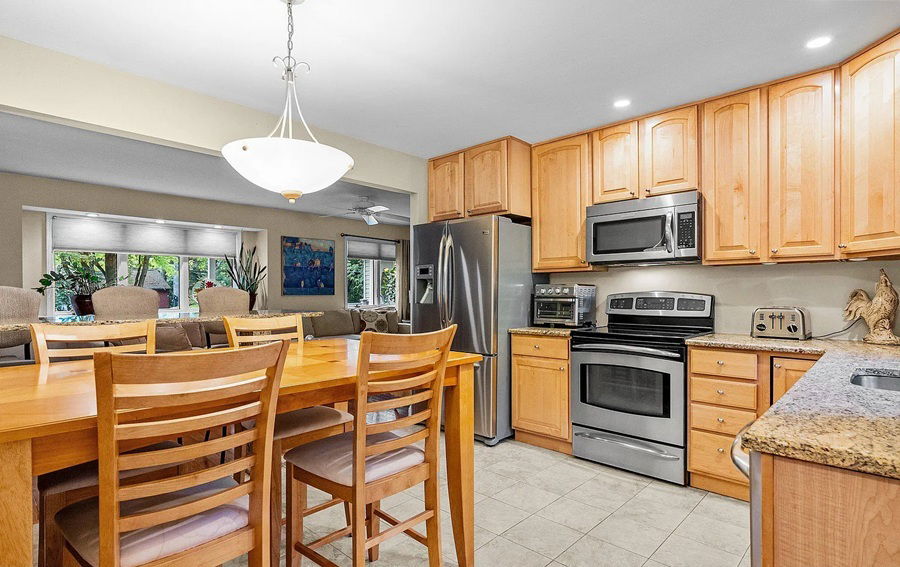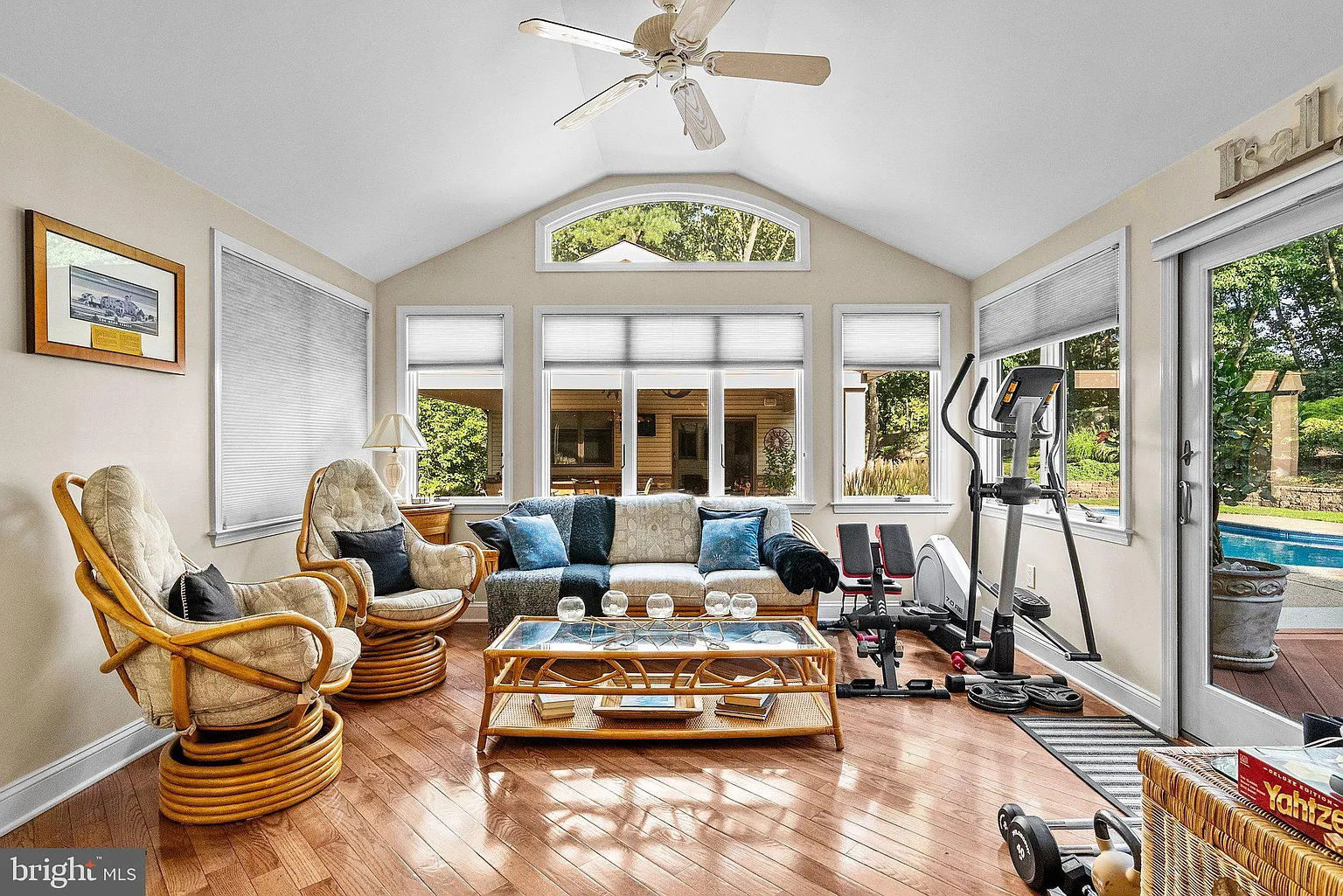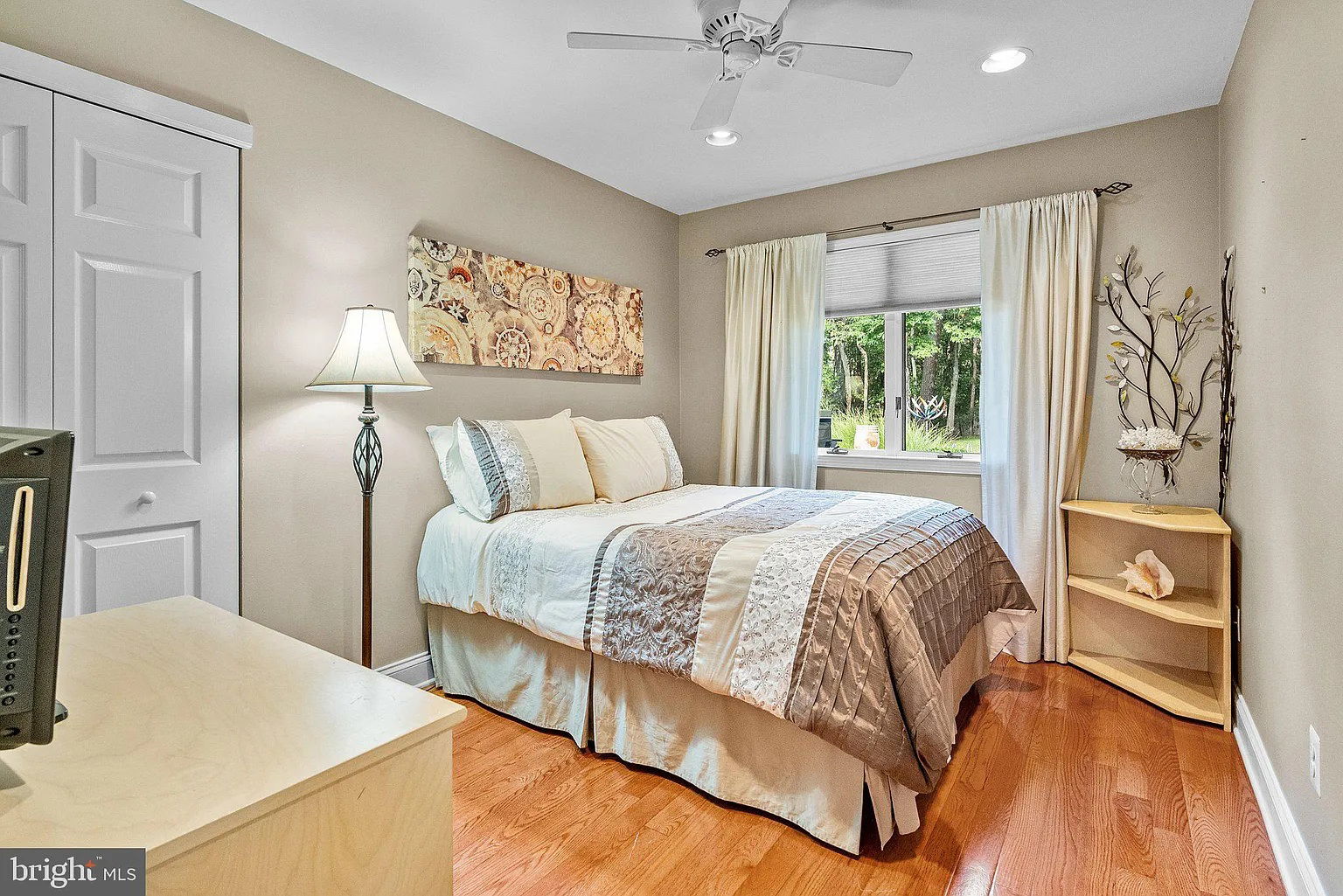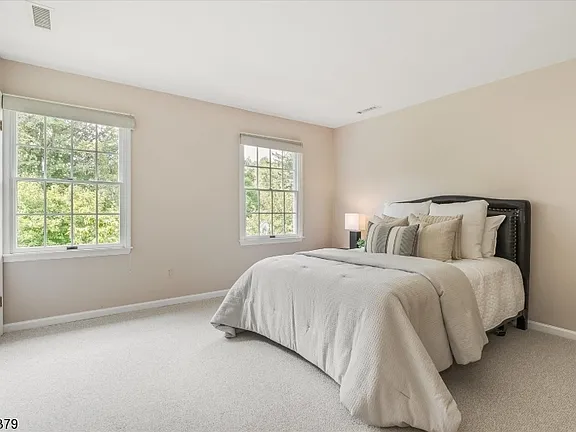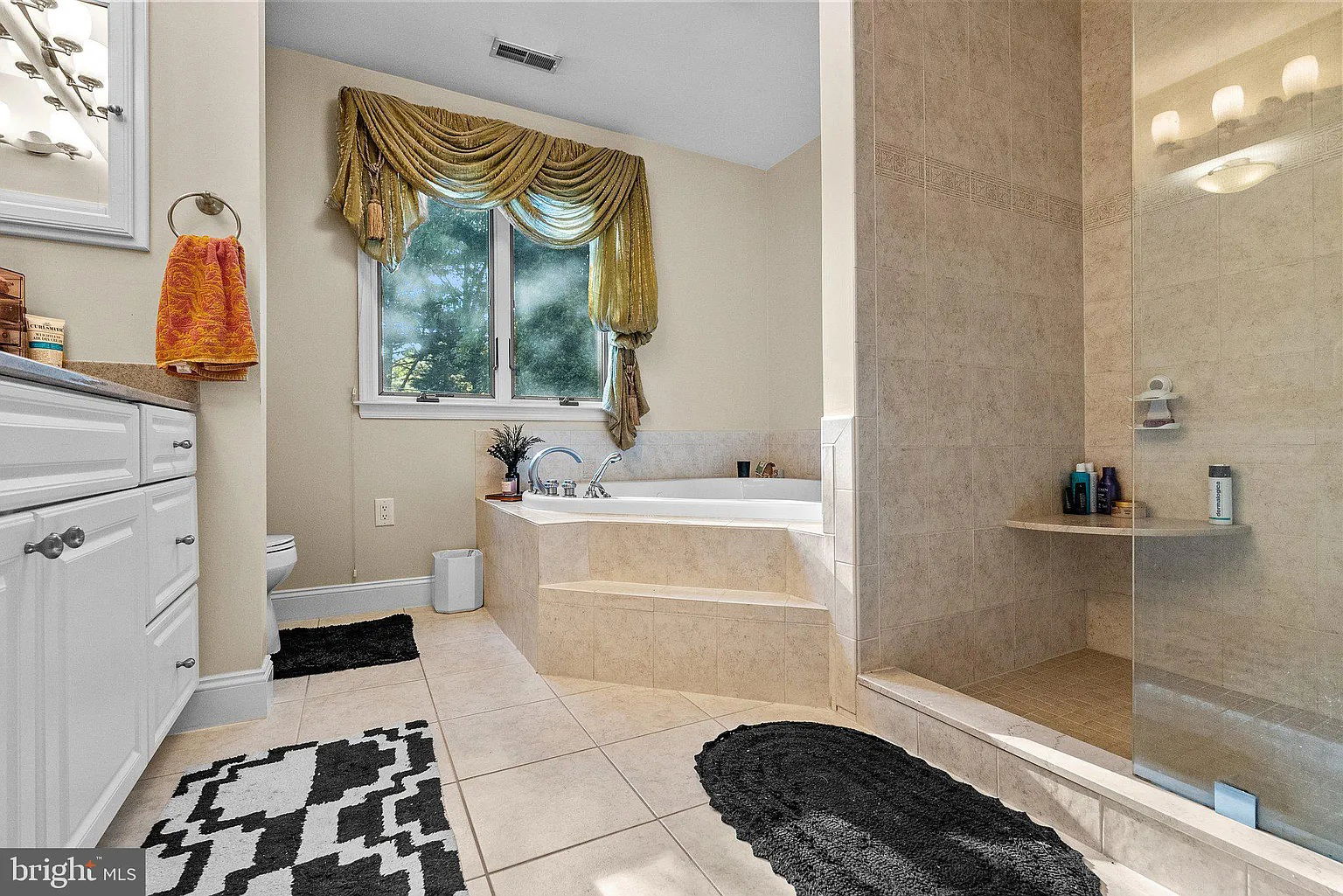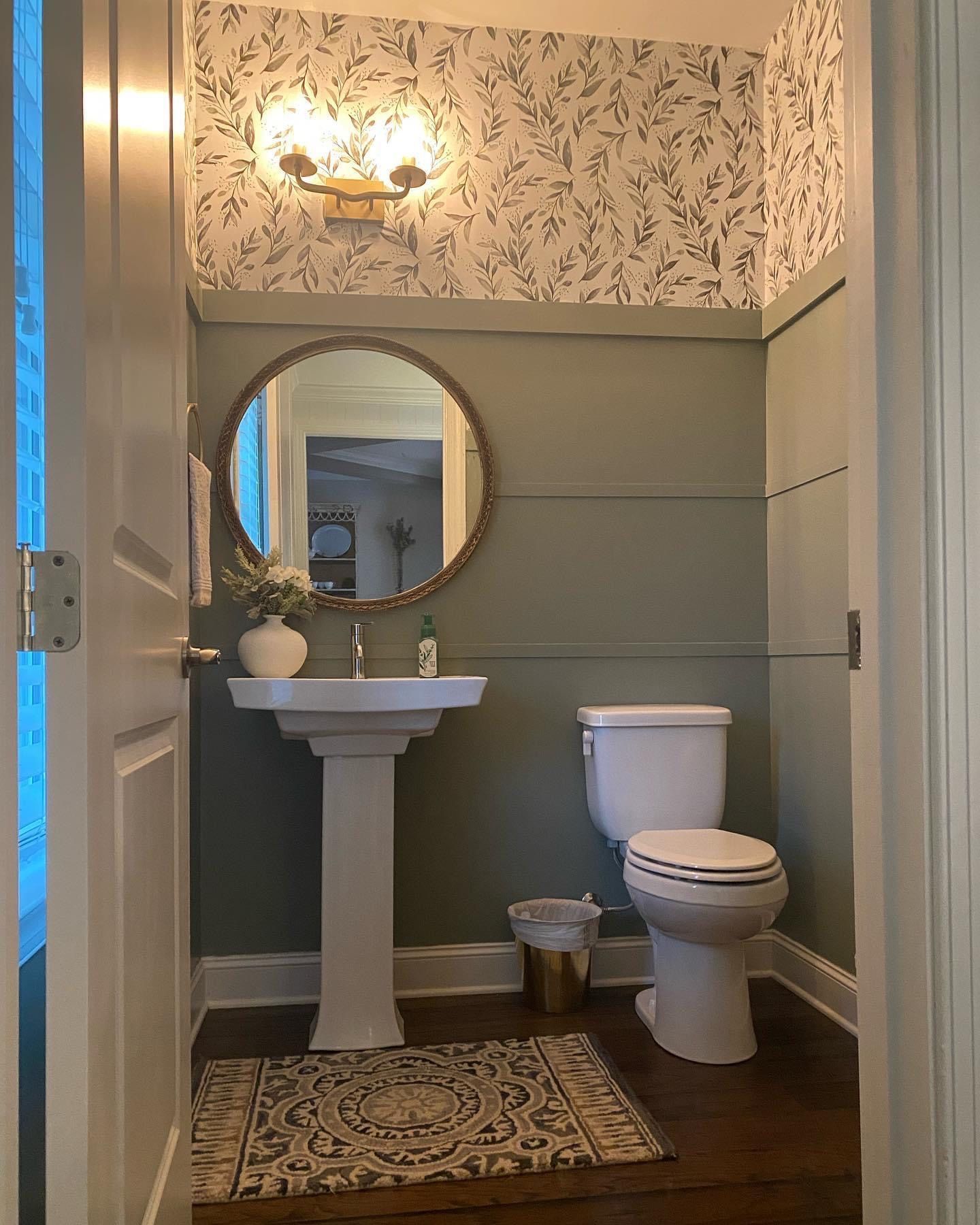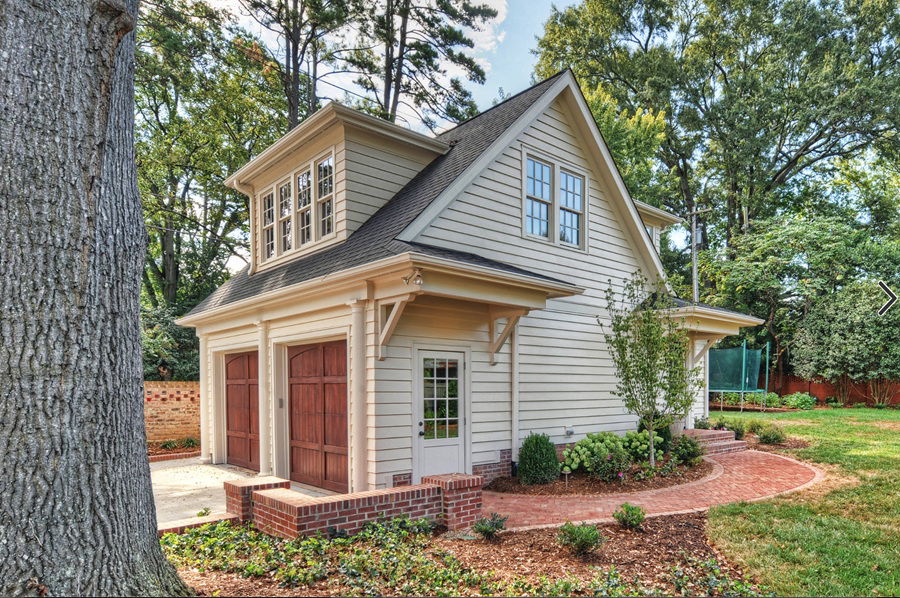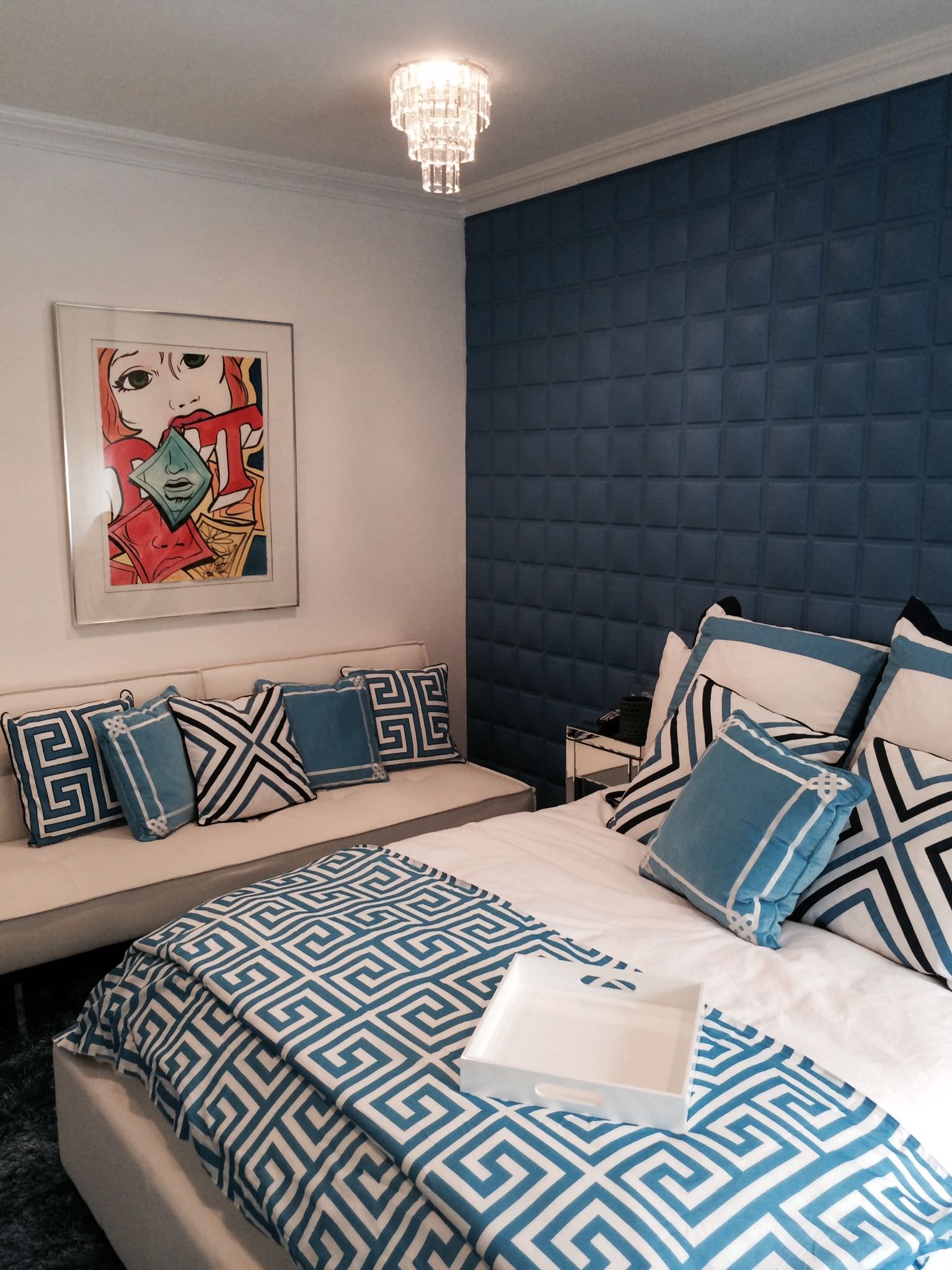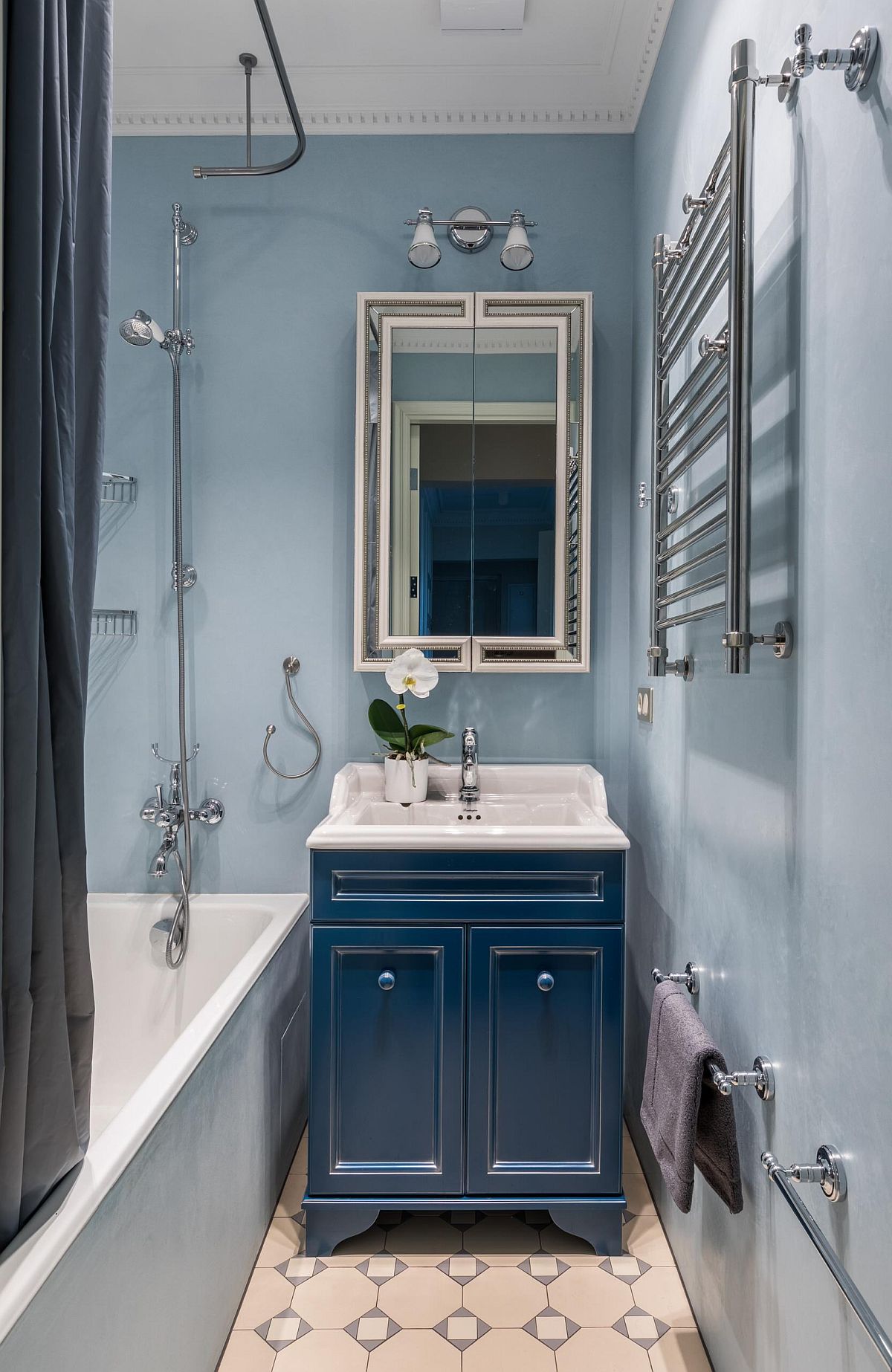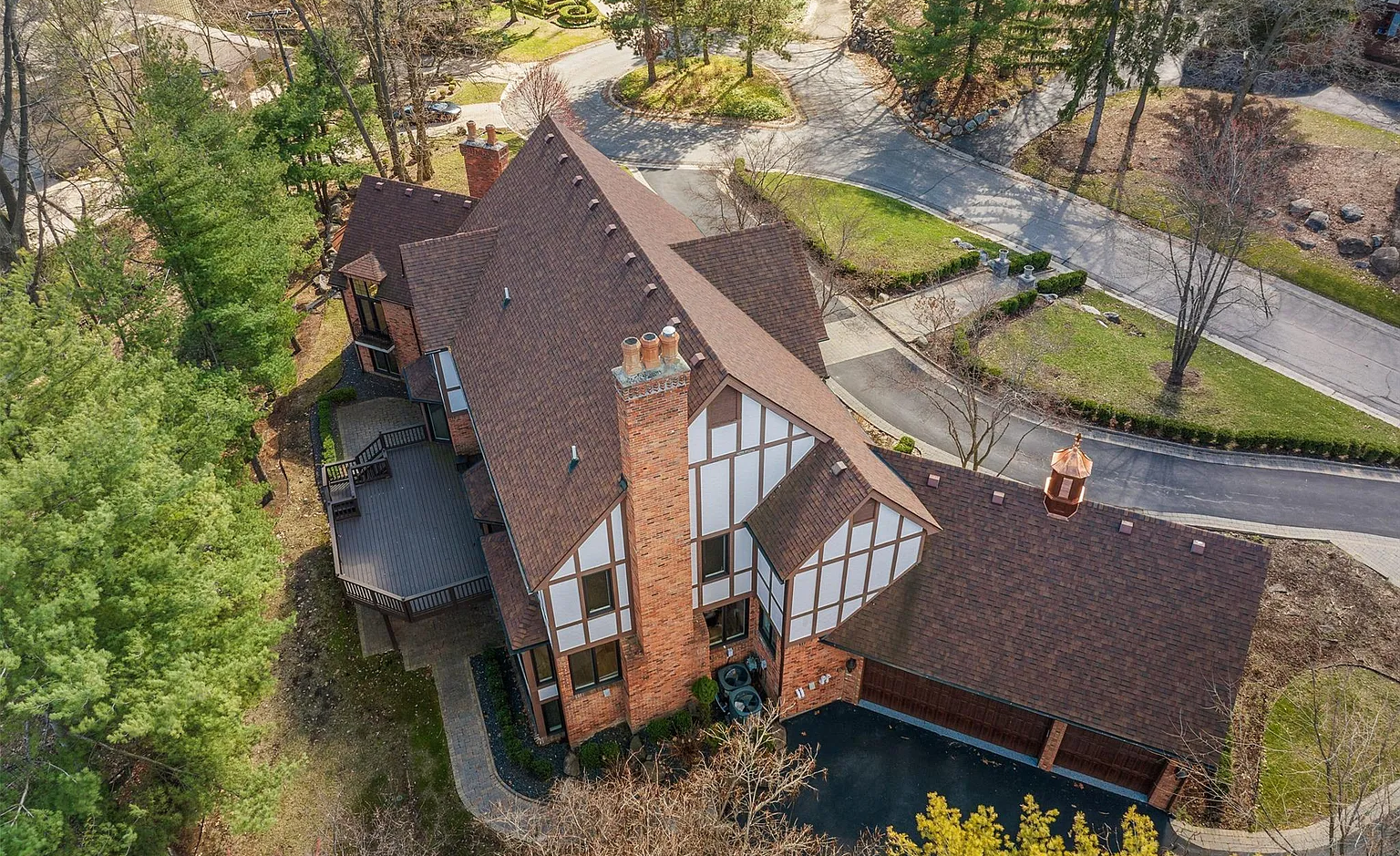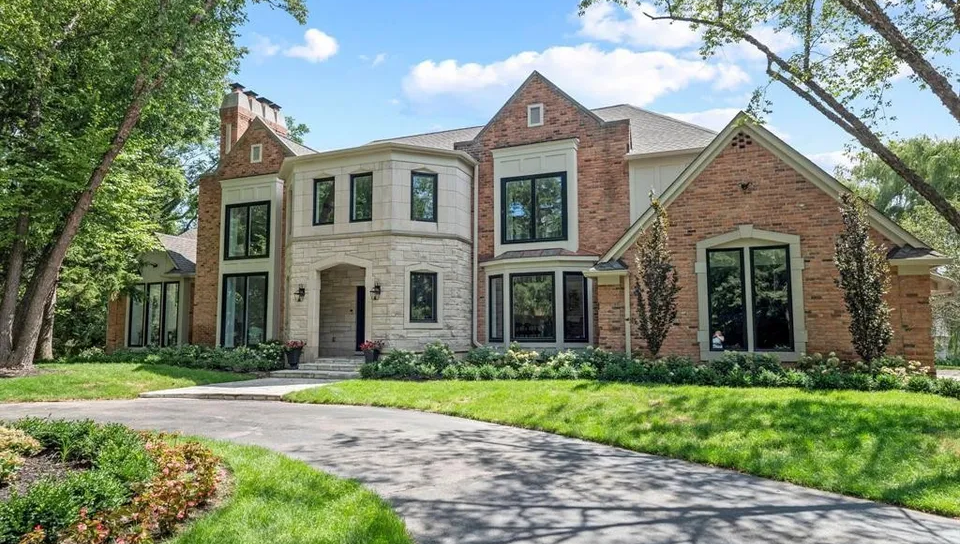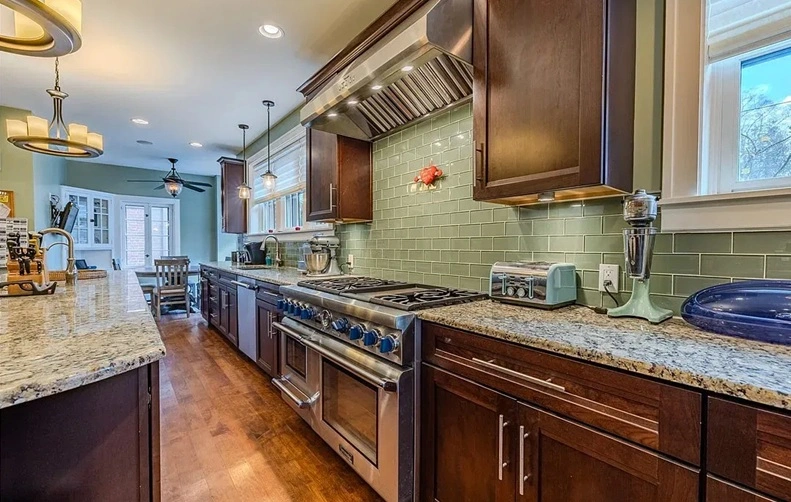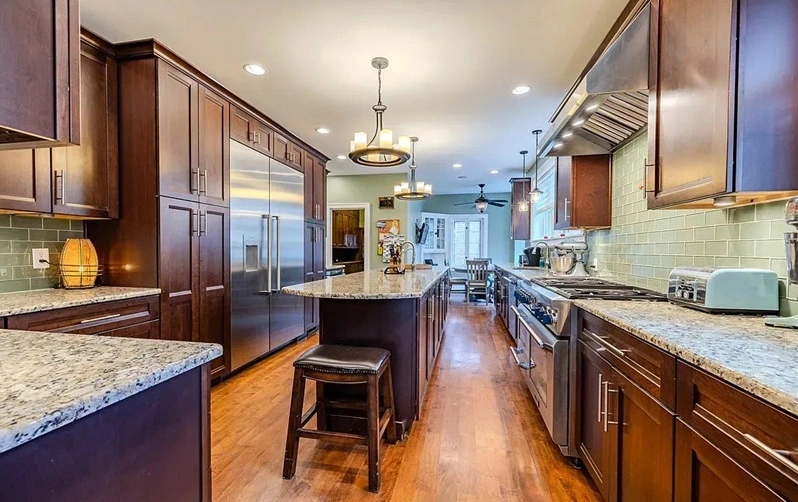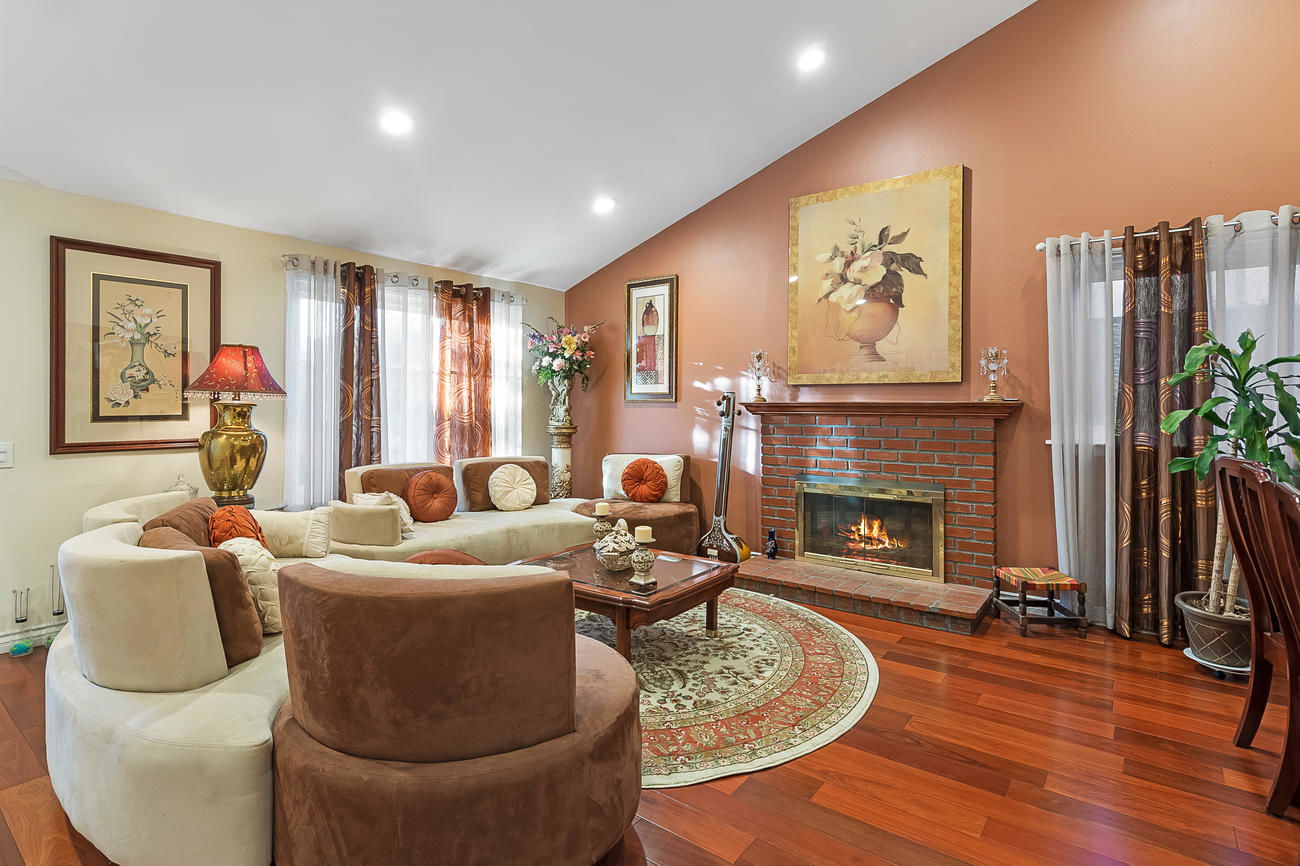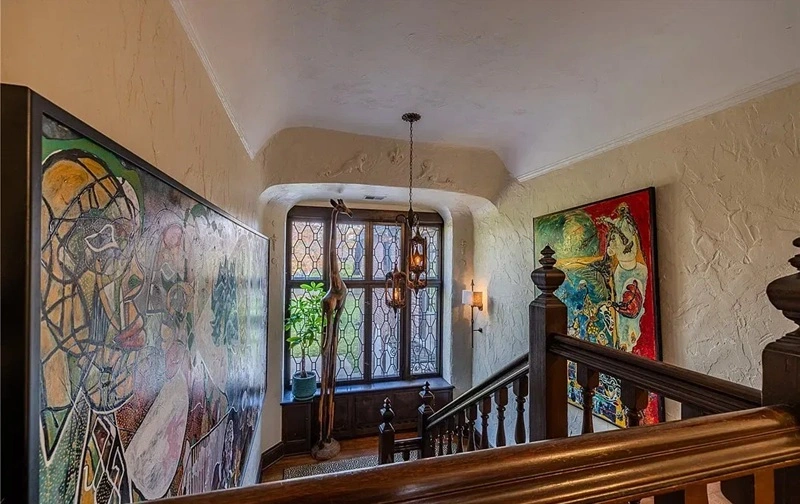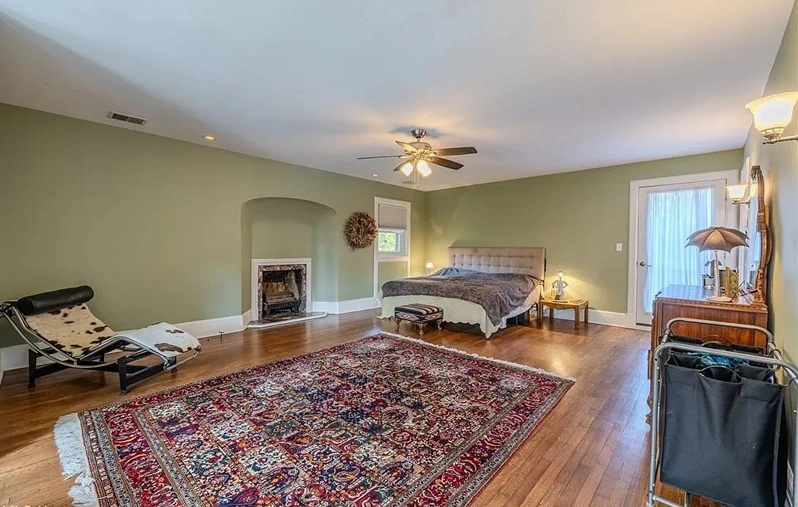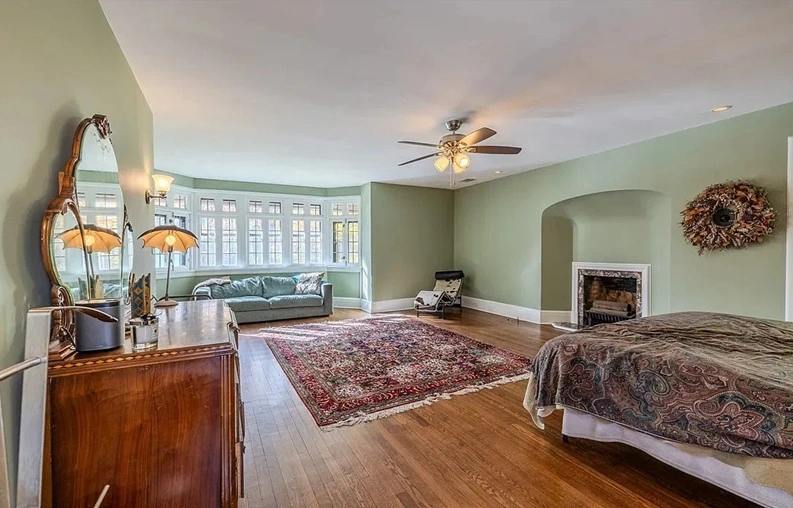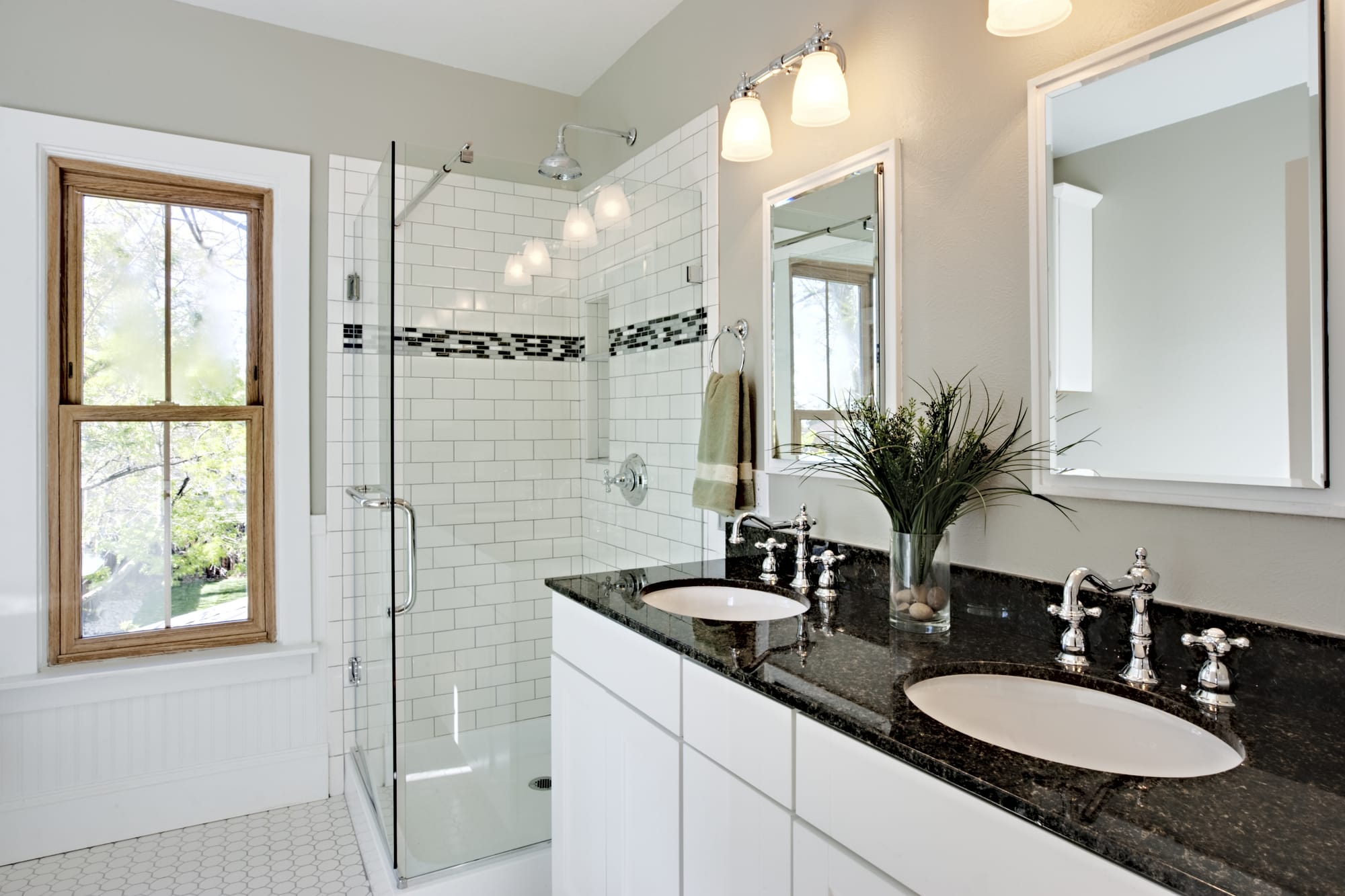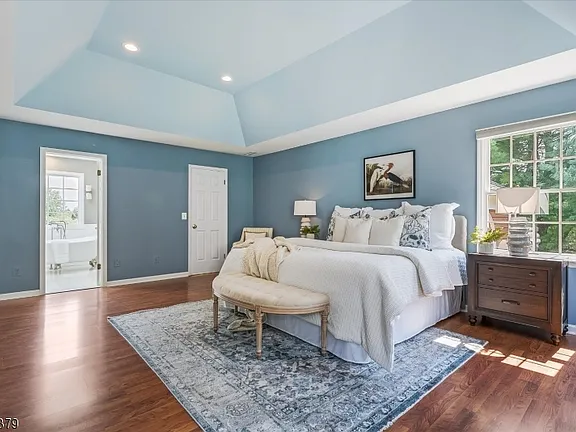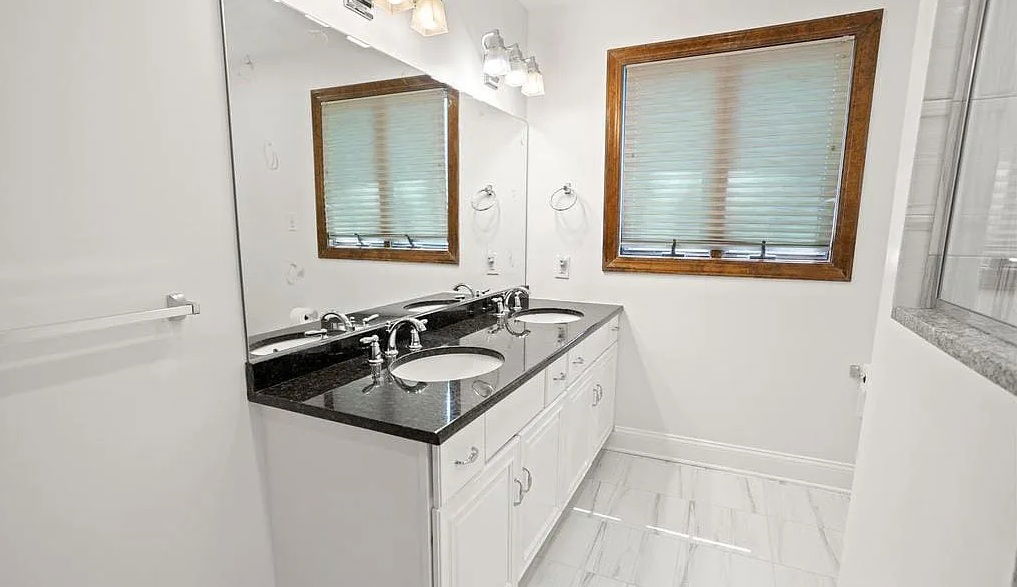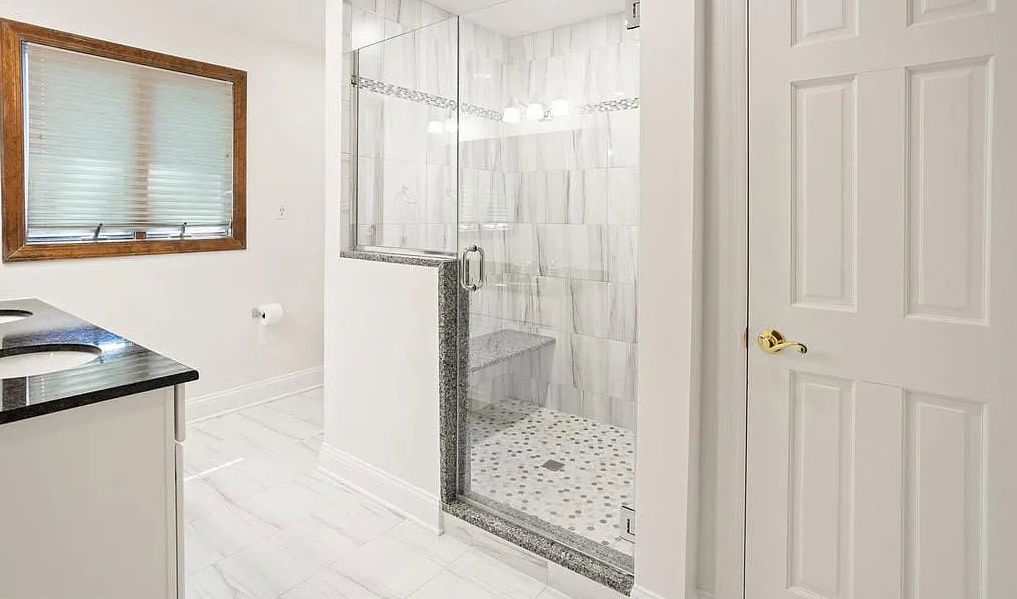Luxury Sober Living
in New Jersey
Sober Lifestyles and beyond
Since 2018, we have been far more than just another recovery resource. We’re a sober community built on trust, comfort, and the shared journey of recovery. With our established locations on both the East and West Coasts, and our flagship luxury recovery residence in Haddonfield, we are thrilled to open the doors to a second facility in the region with our new boutique themed luxury sober living home in New Jersey with our opening latest facility opening in the charming nook of Voorhees Township, NJ.
Crafted with the perfect blend of sophistication and comfort, our professional staff assist in offering a full range of supportive services, including helping you discover your real interests and identity, one free of the obsession to drink or use. You'll be surrounded by a community of like-minded individuals to help you find the support and connections essential for obtaining long term sobriety.
We understand the stigma that exists for people facing addiction, in both their public and private lives, which is why we train our staff to implement the most fundamental privacy best practices.
Articles
Here are the best sober activities New Jersey has to offer! This guide features a wide range of fun and alcohol-free options for individuals seeking recovery-friendly experiences. Whether you want to try diner hopping, explore the great outdoors at state parks, enjoy fitness events, visit unique local landmarks, or join community groups and more.
Inside peak at how Oxford Houses began and how the modern sober community home builds on that legacy.
This article explores the benefits of extended drug rehabilitation programs, emphasizing why 60+ days of treatment are crucial for recovery.
This post explores why structure works for some but not for others, with insights rooted in data, staff experiences, and practical observations from successful programs.
See the key differences between sober living on the East Coast and the West Coast in this thought-provoking article.
This esteemed blogger and social influencer openly describes her unique experience with sober living and what it's like day-to-day.
This article examines some fundamental principles and practical tools from the Big Book and the 12 Steps that form the backbone of long-term sobriety, as detailed in this enlightening article.
This article examines the challenges faced by privacy-focused sober living facilities and highlights the exceptional performance of one particular facility.
Services
Addiction treatment services in South Jersey
Sober Living
Our sober living homes, located in South New Jersey, provide safe, structured, and supportive environments for individuals starting or continuing their recovery journey. Whether transitioning from inpatient addiction treatment or seeking a stable space to maintain sobriety, our home offers a welcoming community dedicated to personal growth. With comfortable accommodations, peer support, and access to recovery resources, we help residents build a strong foundation for lasting sobriety. Join a recovery-focused environment where accountability and structure foster long-term success.
Intensive Outpatient Rehab
Our Intensive Outpatient Program (IOP) is designed for individuals who are serious about recovery but still need clinical structure to support their progress. IOP convenes three days per week and is built around individual therapy, group process, relapse prevention, and life skills development. Each participant also receives weekly case management and personalized goal tracking. Flexible program options, such as evening option, available in some cases.
Life Skills Training
Our recovery program is proud to offer a unique version of Life Skills Training, participants learn valuable skills such as time management, stress management, and effective goal setting, empowering them to lead fulfilling and balanced lives as they transition into a sober lifestyle.
Testimonials
Recognizing The Signs of Addiction
Recognizing addiction can be challenging, especially in its early stages. The disease often hides in plain sight—masked by excuses, social norms, or denial. At New Jersey Sober Living, we work with individuals and families who are only just beginning to understand the scope of their struggle. Knowing the signs of addiction is often the critical first step to recovery.
This page outlines the physical, psychological, and behavioral indicators that may signal addiction to drugs or alcohol—and why seeking support early makes a difference.
What Is Addiction Behavior?
Addiction behavior is any pattern of action or mindset where substance use becomes central to daily functioning, mood regulation, or social interaction. These behaviors are often compulsive and continue despite clear negative consequences. The signs may differ depending on the substance, but certain patterns are common across most forms of addiction.
Physical Signs of Addiction
- Changes in appearance: Bloodshot eyes, sudden weight changes, neglected hygiene, skin issues, or unusual body odors.
- Sleep problems: Either excessive sleeping or severe insomnia.
- Chronic health complaints: Nausea, headaches, gastrointestinal issues, tremors.
- Frequent accidents or injuries: Especially unexplained bruises, falls, or motor vehicle incidents.
- Track marks or skin damage: Especially in those using injectable substances.
Behavioral and Emotional Signs
- Secretive behavior: Lying, hiding use, or disappearing for long periods.
- Mood instability: Sudden bursts of anger, euphoria, or depressive episodes.
- Loss of interest in responsibilities: Neglecting work, school, or family commitments.
- Financial instability: Unexplained need for money, stealing, or draining savings.
- Changes in social circles: Isolating from old friends, or associating with a new crowd known for substance use.
Substance-Specific Warning Signs
- Alcohol: Increased tolerance, drinking at inappropriate times (e.g., morning), memory blackouts, DUIs.
- Opioids: Drowsiness, pinpoint pupils, slurred speech, constipation, doctor shopping.
- Stimulants (Meth/Adderall): Rapid weight loss, paranoia, hyperactivity, tooth grinding, intense focus or euphoria.
- Marijuana/Edibles: Impaired memory, slowed reaction time, lack of motivation, excessive snacking, glassy eyes.
- Synthetic Drugs: Severe agitation, hallucinations, erratic behavior, unpredictable reactions.
Signs in Loved Ones
You may notice:
- Increased secrecy and defensiveness
- Withdrawn or erratic behavior
- Missing valuables or money
- Disconnection from hobbies or interests
- Physical signs of decline
It's important not to confront in anger. Addiction thrives in shame and secrecy. A calm, compassionate approach opens the door to seeking help.
What You Can Do
If you recognize these signs in yourself or someone close to you, don’t wait. Speak with an addiction professional now, consider an assessment, and explore transitional recovery options such as structured sober living. At New Jersey Sober Living offers a safe, judgment-free space for individuals to begin rebuilding their lives. Whether you're coming out of rehab or recognizing the need for change independently, we're here to guide the next step.
If you or a loved one are experiencing a mental health emergency call 911 and also see more resources and tools for help here at https://www.samhsa.gov/mental-health/988
F.A.Q
1. What is sober living, and how does it support long-term recovery?
More general info on sober living homes found here.
2. How long can I stay at a sober living?
Bear in mind there is no real industry standard for length of stay among all the different programs in the US. But it's widely considered that longer is better. A man or woman who stays at a sober living for 6 month's or a year will be substantially more established in their own recovery program, as well as the local recovery community, than a man or woman who stays 30 days.
3. What are the rules and expectations in the sober living home?
Regular drug and alcohol testing may be conducted to ensure a safe environment.
4. What should I bring when moving into a sober living home?
5. Can I work or go to school while living at New Jersey Sober Living?
6. Are pets allowed in the sober living home?
Pet policies often differ among addiction recovery programs. Some may allow pets, recognizing their therapeutic benefits, while others may have restrictions due to allergies or space constraints. It's advisable to inquire directly about pet accommodations. We acknowledge the therapeutic element and try to accommodate clients when and where possible.
7. What happens if a resident relapses?
8. How do I apply to New Jersey Sober Living?
Press
Start-up Spotlight
This unique sober living facility in South Jersey features private rooms, a serene swimming pool, multiple car garage slots, and a large backyard suitable for BBQs and games. Additionally, residents will be provided a broad range of different healthy and well-crafted meals, ensuring that nutrition is an integral part of the recovery process. The design and amenities of the facility are intended to create a serene and supportive atmosphere conducive to long-term recovery.
Read MoreSouth Jersey Edition
From the North shore down to some of our favorite nooks in the South. New Jersey Sober Living (NJSL) found the perfect New Jersey home for its new luxury sober home in the cozy suburbs of South Jersey, just a 15-minute drive from Philadelphia. This facility is designed to provide a high-quality, supportive environment for individuals transitioning from rehabilitation to everyday life.
Read MoreMarket Minute - This New Jersey Sober Living
New Jersey Sober Living aims to address the growing need for effective recovery options. According to the NCDAS, 22% of males and 17% of females in the U.S. suffered from drug or alcohol addiction as of 2024. This NJ sober home offers an alternative to traditional recovery options, focusing on providing a comfortable and supportive environment.
Read MoreContact
- NJ, USA
- 457 Haddonfield Road, Cherry Hill, NJ, 08002
- +1-973-637-6626
- info@newjerseysober.living
- Mon-Sun - 07:00am-11:00pm
Contact New Jersey Sober Living today. Check availability in minutes and find out more information about which of our locations is the best fit for you.
Understanding Addiction: What It Is and Why It Matters
Addiction is a chronic, relapsing condition that alters the brain's reward, motivation, and memory systems. It’s not simply about lacking willpower or making bad choices—it’s a complex medical and psychological issue that affects millions of people in the United States, including individuals and families right here in New Jersey.
At NewJerseySober.Living, we believe that understanding addiction is the first step toward meaningful recovery. This page serves as a comprehensive overview of what addiction is, how it develops, and why structured sober living environments are so critical to long-term success.
What Is Addiction?
Addiction is medically defined as a disorder characterized by compulsive engagement in rewarding stimuli—such as substances or behaviors—despite adverse consequences. Substances most commonly associated with addiction include alcohol, opioids, stimulants (like methamphetamine or cocaine), benzodiazepines, marijuana, and increasingly, synthetic drugs and prescription medications.
Behavioral addictions, such as gambling, sex addiction, or compulsive internet use, may not involve chemical substances but still impact the brain in similar ways.
Can Anyone Be an Addict?
Yes, the bad news is that addiction, as understood in current medicine and science, is a disease that can infect any person despite sex, age, race or religion. Like other mental afflictions, the disease of addiction centers in the brain and is less dependent on factors such as blood type, personality type and/or other genetic and non-genetic variables.
Key Features of Addiction:
- Loss of Control: The inability to consistently abstain despite attempts to stop.
- Craving: Intense desire or compulsion to use the substance or engage in the behavior.
- Continued Use Despite Harm: Persistent use even when it leads to health, legal, or social problems.
- Tolerance: Needing more of the substance to achieve the same effect.
- Withdrawal: Physical and psychological symptoms when use is reduced or stopped.
How Addiction Develops
Addiction doesn’t happen overnight. It typically follows a cycle:
- Initial Use: Often begins socially or as prescribed.
- Regular Use: Increasing frequency as tolerance builds.
- Risky Use: Behaviors and choices begin to compromise health, relationships, or safety.
- Dependence: The body adapts to the substance, and absence causes withdrawal.
- Addiction: Full-blown compulsive use with an inability to stop despite severe consequences.
While genetics can predispose some individuals to addiction, environment plays a large role. Trauma, mental illness, high-stress environments, and early exposure to substance use are all contributing factors.
Why Sober Living Matters
Many people assume that once someone detoxes or completes rehab, the hardest part is over. In reality, the early stages of sobriety—especially the first 90 days—are when relapse is most likely to occur. That’s where safe sober housing becomes essential.
At New Jersey Sober Living, we provide:
- Structured Support: Daily routines that reduce chaos and encourage accountability.
- Community: Living among peers who understand addiction and recovery.
- Access to Resources: Referrals to therapy, outpatient programs, job assistance, and more.
- Drug-Free Environment: A safe, trigger-free space to rebuild healthy habits.
Recovery residence's help bridge the gap between inpatient treatment and independent life. They help residents build resilience, create structure, and develop long-term recovery skills in a supportive, real-world setting.
